Professor
Clayton Foundation Laboratories for Peptide Biology
Dr. Frederik Paulsen Chair

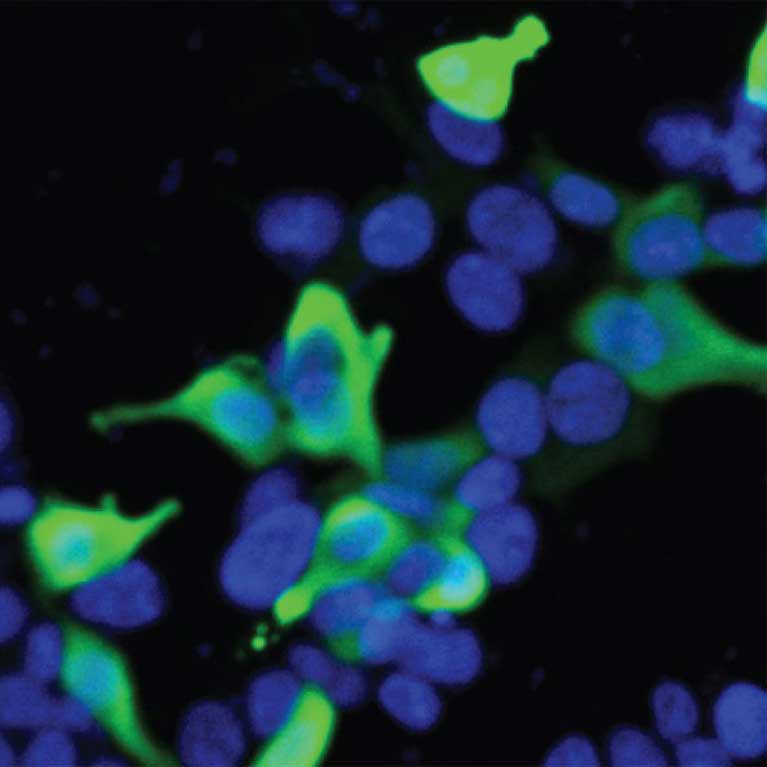
Peptides and metabolites are two important classes of biological molecules, referred to as small molecules. Changes in the levels of these small molecules are known to cause prevalent diseases. For example, lower levels of the peptide insulin lead to diabetes, while higher levels of the metabolite cholesterol cause heart disease. There are thousands of small molecules in our bodies, so how do we find these disease-causing peptides and metabolites? Thanks to advances in a technology called mass spectrometry, scientists can now measure peptides and metabolites in a biological sample (cell, tissue or organism). By analyzing disease samples, researchers can identify those molecules that are changing during a disease. Just as the identification of insulin led to a new treatment for diabetes, these discoveries of disease-associated peptides and metabolites will likely pave the way for a new generation of therapeutics to improve human health.
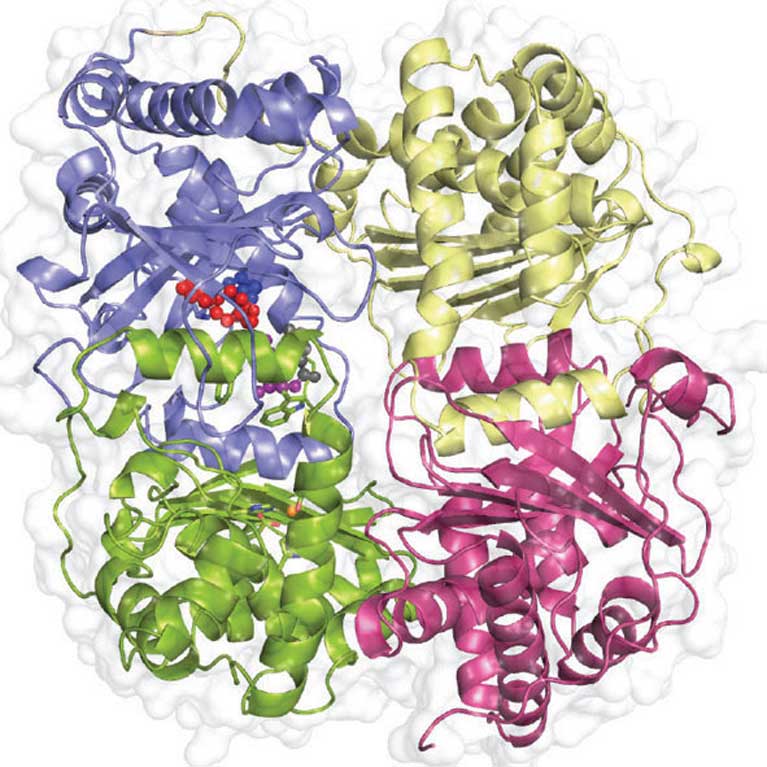
Alan Saghatelian’s work touches on virtually all areas of human biology. He has developed and applied new mass spectrometry strategies that measure changes in small molecules overlooked by traditional biological methods, which typically focus on DNA, RNA and proteins. In particular, Saghatelian focuses on metabolites and peptides, which have been understudied because of technical challenges in their detection. Exploring this uncharted territory has enabled Saghatelian to make important discoveries, including the recent finding of a novel human lipid that reduces inflammation and reverses the symptoms of diabetes. Saghatelian hopes to use the knowledge gained from his lab’s work to accelerate the development of new medicines in the area of diabetes. He is also collaborating with many laboratories at Salk to understand the roles of peptides and metabolites in cancer and neurodegenerative and immunologic disorders.
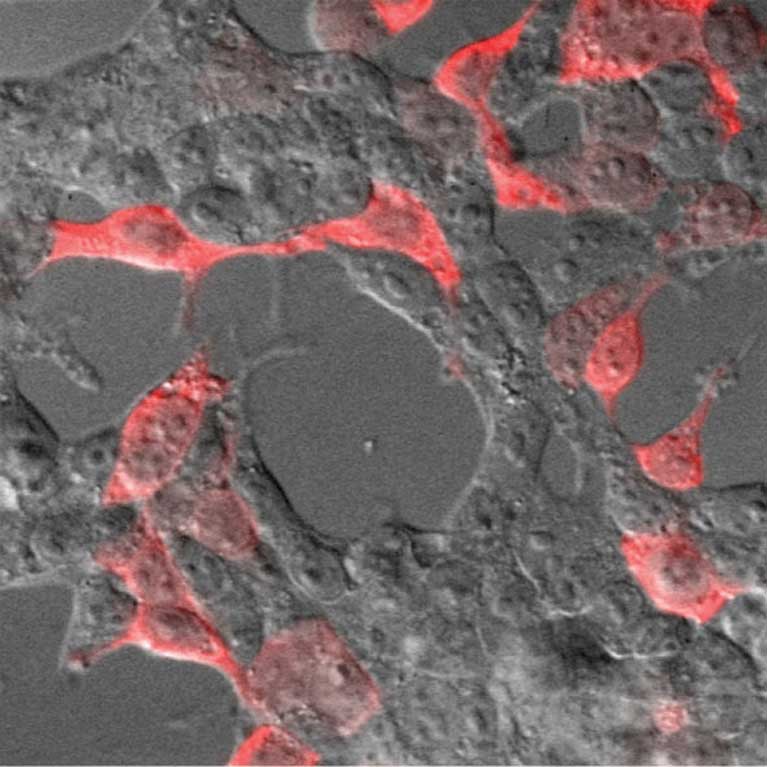
With collaborators, Saghatelian analyzed changes in metabolite levels in mice that are resistant to diabetes, which led to the discovery of a lipid called a FAHFA. FAHFAs are also found in humans. Administration of these lipids to mice reduces inflammation and improves the symptoms associated with diabetes, making these interesting therapeutic candidates and revealing a new disease-associated metabolite.
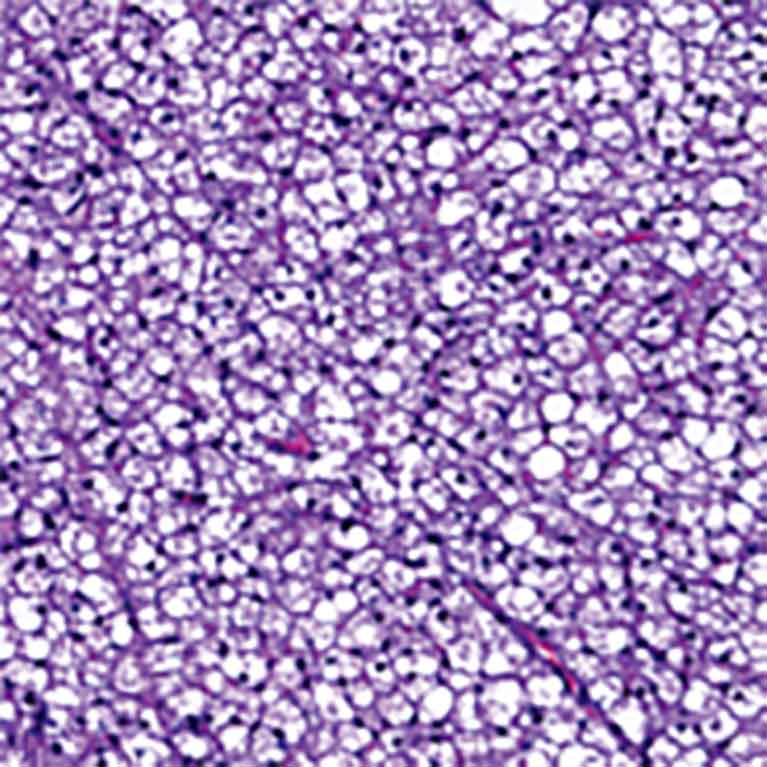
Saghatelian also identified a previously unknown cluster of human genes that produce peptides that control fundamental cellular processes, such as DNA repair, highlighting their potential importance in cancer.
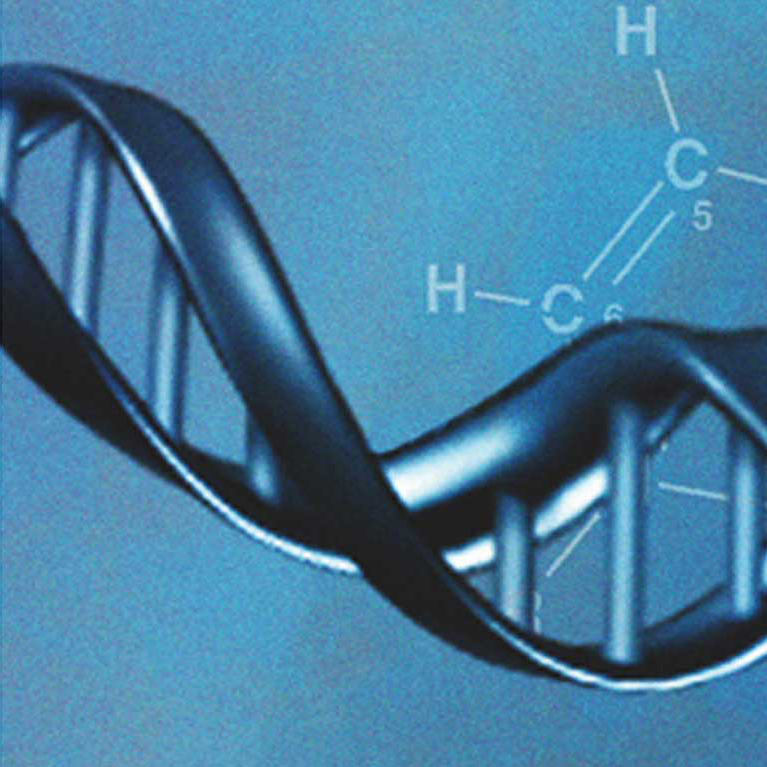
In recent work, Saghatelian’s team discovered thousands of additional human genes that will increase our understanding of the molecular pathways that regulate many diseases such as cancer and autoimmunity.
BS, Chemistry, University of California, Los Angeles
PhD, Chemistry, The Scripps Research Institute, La Jolla, Ca
Merck Postdoctoral Fellow of the Life Sciences Research Foundation, 2003